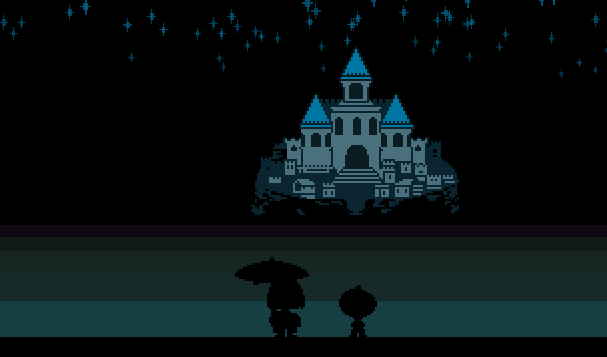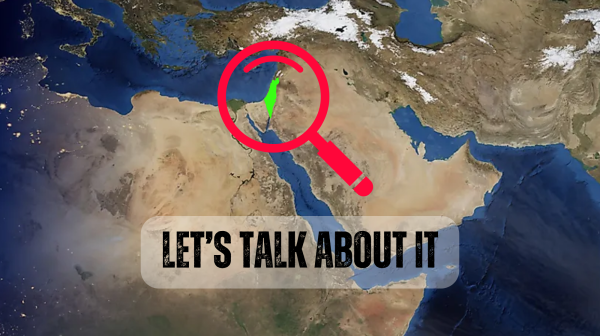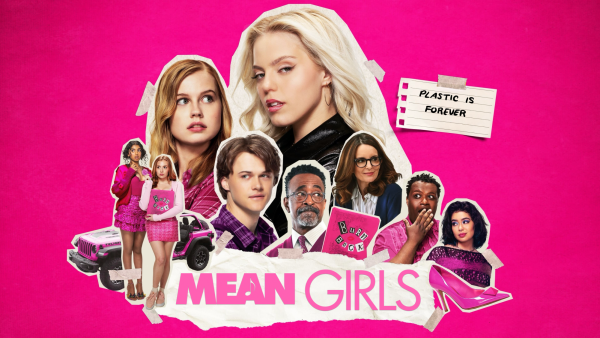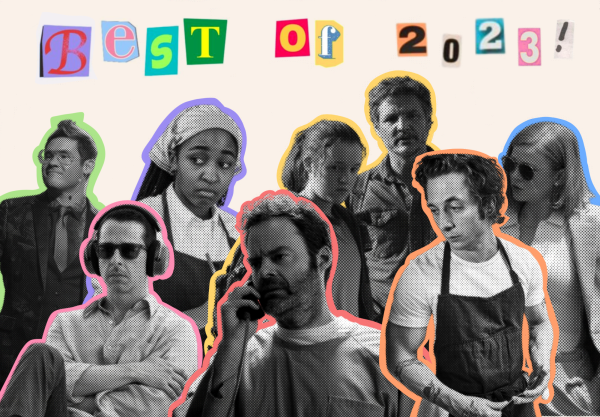Undertale: what’s so great about the game where “no one has to die”
People who enjoy video games — or, at least, those who play Halo, Call of Duty or even Pokémon — have experienced the ire of many concerned adults over the years about the level of violence in their favorite titles. While it may be true that some games are unapologetically gory, and equally true that it’d be better for everyone if parents didn’t buy M-rated games for very young folk, most popular games are not the mindless violence simulators that they’re made out to be. If anything, the Doom of old is not enough anymore; players demand more complex stories and moral choices than ever before. The genre is evolving at an unprecedented rate.
Enter Undertale, an indie roleplaying game released earlier this year. The story is this: the player (a human) falls down into a world of monsters that has been sealed off for hundreds of years and must find their way out. Upon release, the game was advertised as “the friendly RPG where no one has to die.” Already, it’s getting strange. Even Pokémon, an RPG aimed at all ages, focuses on combat. So how does this work?
Well, while technically true, the game’s tagline is a monkey’s-paw kind of statement. No one has to die… but, depending on the player’s choices, nearly everyone can. Undertale’s combat features a “bullet hell” style of gameplay, where players dodge an overwhelming number of enemy projectiles. The enemy can then be dispatched in the conventional RPG way — with violence — or, alternatively, the player can choose to spare them.
In a way, darkly entertaining Undertale is the antithesis of games like Grand Theft Auto, which enable the player’s violent actions by placing them into a world with one-dimensional, insufferable NPCs. In contrast, there are no pesky bats or generic spiders to be found in the world of monsters. Instead, meet Papyrus, a cheery human-hunting skeleton that builds ineffectual puzzles for you to solve. Or a blob of slime you can flirt with. Or variety of other random encounter enemies that have quirky little personalities reminiscent of EarthBound.
This unique cast is the backbone of Undertale. The characters endeared themselves to the Internet almost immediately; the game now has its own subreddit as well as heaps of fan art — and I found myself discussing the cast for hours with my friends.
Playing the game and sparing everyone is a feel-good experience. Eventually, however, the desire to see what happens in other runs becomes an itch. If a player does choose to take the “no mercy” route and kill every possible character in the game, the world of monsters will become deserted as everyone flees their homes. Familiar friends from other play-throughs will show their true colors, trying desperately to save their friends and family from the player’s rampage. The aforementioned Papyrus will even refuse to fight at all and, in a final act of bravery, genuinely tell the player that he believes in their potential to be a better person.
Undertale takes every opportunity to knock the player out of the detachment that normally comes from playing a game.
Actually, sometimes it gets a bit… creepy.
Unlike most games, Undertale will remember your previous save files and exactly what you did in them. And just like in real life, every action has consequences; there is no such thing as restarting with a clean slate. The game knows how the player’s mind works, and exploits that fact. It breaks RPG conventions to amazing effect in ways that must be seen to be believed.
It gets meta. While watching a play-through on YouTube of a “no mercy” run (mainly because I couldn’t bring myself to hurt any of the characters I’d come to love), I saw one of the game’s main antagonists look right at the screen and say something to the effect that only true cowards sit around and watch violence because they’re too scared to do it themselves, and that there’s probably someone like that watching right now.
Wow.
Whether you need a break from marathoning Fallout 4 (like me) or have never picked up a controller in your life, Undertale is accessible to you. It’s proof that empathy can and should be a part of games, and that good characters are what people naturally crave: in a market saturated by polished studio releases, an indie game built almost entirely on love and the strength of its characters has captured everyone’s attention. That is amazing. Amid all the chaotic ultraviolence and misanthropy in modern games, it’s nice to occasionally enter a world where every life is valuable and no one has to die.
Your donation will support the student journalists of Omaha Westside High School. Your contribution will allow us to purchase equipment and cover our annual website hosting costs.












